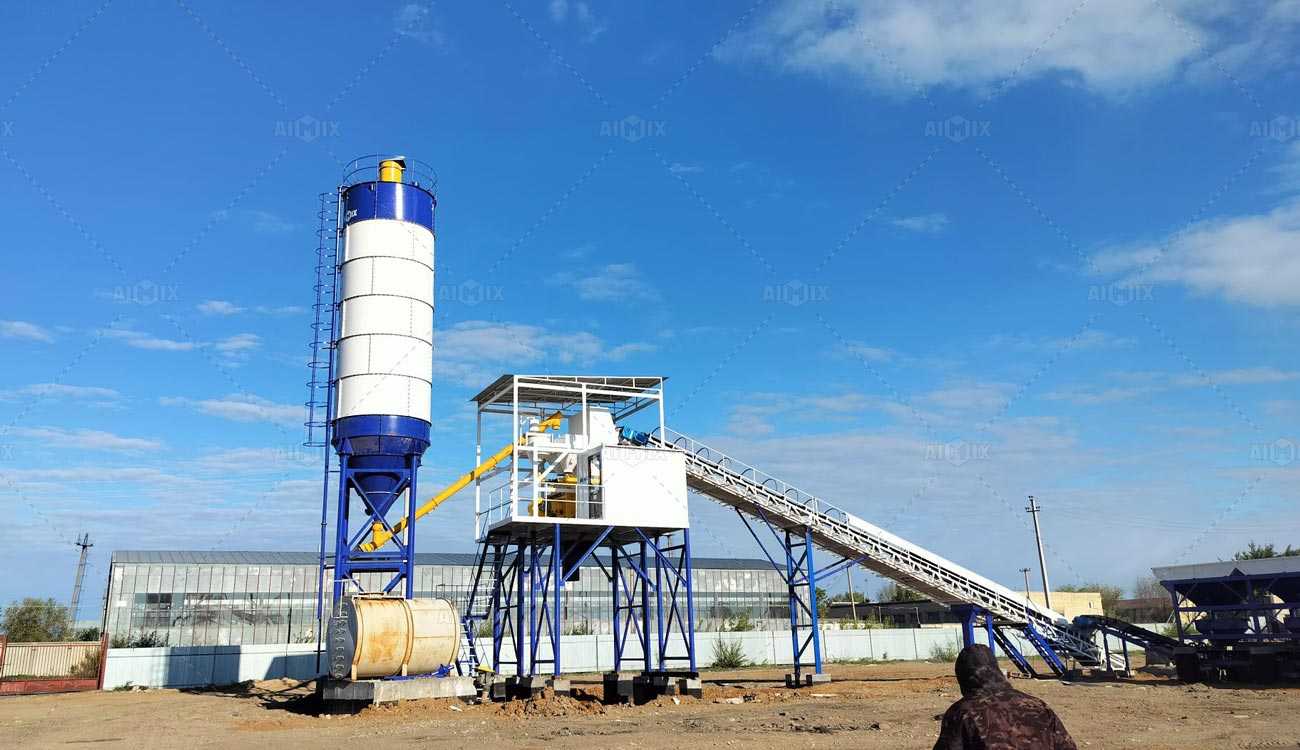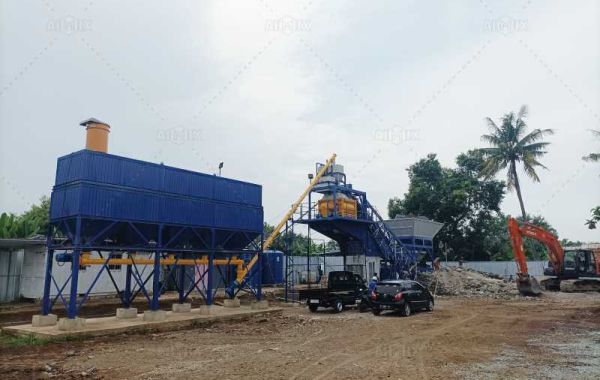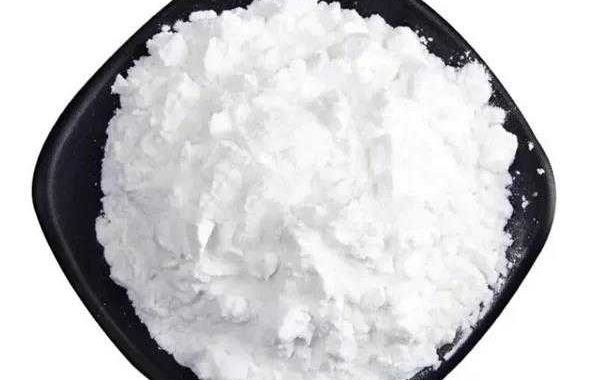When it comes to small-scale construction projects, having access to reliable, cost-effective concrete is crucial. Investing in a small concrete batch plant for sale can be an excellent solution for producing high-quality concrete on-site, reducing transportation costs and ensuring that your project stays on schedule. However, finding the right mini batching plant that fits your budget while meeting your operational needs can be a challenge.
In this article, we’ll explore how to find the best small concrete batch plant for sale, with a focus on budget-friendly options and key factors to consider to ensure a successful investment.

Key Factors to Consider When Buying a Small Concrete Batch Plant
Before diving into the specifics of finding a small concrete batch plant for sale, it’s essential to understand the key factors that affect both the cost and performance of the plant.
1. Capacity Requirements
The first consideration when looking for a mini batching plant is determining your production capacity needs. A small concrete batch plant is ideal for smaller-scale projects such as residential buildings, small commercial projects, or road repairs.
To ensure that you select the right plant, ask yourself:
How much concrete will you need per day or per project?
Will the plant be in use continuously or intermittently?
A small batching plant typically produces between 25 to 60 cubic meters per hour, depending on the model. Choosing a plant with too high a capacity may lead to unnecessary expenses, while selecting one with too low a capacity can affect the efficiency of your project.
2. Plant Configuration: Mobile vs. Stationary
Small concrete batch plants come in two main configurations: mobile and stationary. Each has its advantages and disadvantages, and the choice largely depends on the nature of your projects.
Mobile Concrete Batch Plants: These are designed for projects that require mobility. If you're working on multiple job sites or need to relocate the plant frequently, a mobile mini batching plant is a great option. Mobile plants are also easier to set up and tear down, which can save time and labor costs.
Stationary Concrete Batch Plants: If your project is long-term or in a fixed location, a stationary small concrete batch plant may be more suitable. Stationary plants tend to have larger production capacities and offer better efficiency in terms of consistent output. However, they come with a higher upfront cost due to the need for permanent installation and infrastructure.
For small projects that require flexibility, a mobile mini batching plant might be the most cost-effective solution, while stationary plants are better suited for projects that need a stable, long-term setup.
3. Technology and Automation
Modern small concrete batch plants come with various technological features designed to increase efficiency and reduce human error. Look for a plant that offers features like:
Automated control systems: Automation ensures that the right mix is consistently produced, reducing the risk of human error.
Real-time monitoring: This feature allows you to track production, monitor batch performance, and make adjustments as needed.
Integrated weighing systems: Precise weighing of aggregates and cement is crucial to producing high-quality concrete. Many plants now offer advanced weighing systems that are more accurate and reduce material wastage.
Investing in a plant with these features may cost more upfront, but the operational savings and increase in product quality can be worth it, especially if you plan to operate the plant for multiple years.
4. Material Storage and Handling
The design of the mini batching plant plays a crucial role in the cost of the plant. Efficient storage and handling systems for raw materials (such as cement, sand, and aggregates) can affect both your budget and plant performance.
When evaluating a small concrete batch plant for sale, consider:
Silo design and capacity: Ensure the plant can accommodate the volume of materials you expect to use.
Batching efficiency: Check if the plant features a hopper or conveyor system that allows for quick and easy loading of materials.
Dust control: Modern plants come equipped with dust collection systems that help improve the working environment and reduce material loss.
Selecting a plant with efficient material handling and storage systems can reduce downtime, improve safety, and lower operating costs in the long run.







